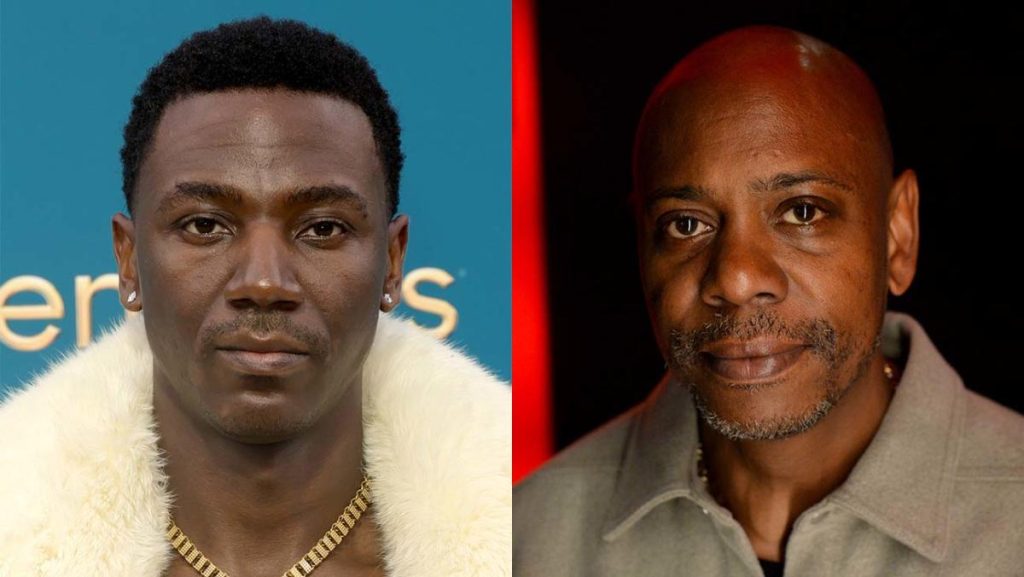Comedy has long been a realm where boundaries are tested, and comedians often find themselves grappling with ethical dilemmas in pursuit of humor. Jerrod Carmichael, known for his candid and thought-provoking comedy, recently shared insights into his creative process and the moral complexities he faces. In particular, Carmichael reflected on advice he received from Bill Cosby, prompting a deeper examination of the intersection between comedy, ethics, and personal values.
The Influence of Questionable Advice: During an interview with Late Night with Seth Meyers, Jerrod Carmichael revealed that he received advice from Bill Cosby to stay out of the editing room. This seemingly innocuous guidance takes on added significance in light of Cosby’s fall from grace following numerous allegations of sexual misconduct. Carmichael’s disclosure raises questions about the complexities of seeking guidance from individuals with tarnished reputations and navigating the ethical implications of accepting their advice.
The Cosby Conundrum: Bill Cosby, once revered as a comedy icon and cultural figure, has become synonymous with scandal and controversy in the wake of multiple allegations of sexual assault. Carmichael’s acknowledgment of Cosby’s advice underscores the challenge of reconciling admiration for a person’s talent with condemnation of their actions. The juxtaposition of Cosby’s advice with his subsequent downfall serves as a stark reminder of the fragility of reputations and the importance of ethical conduct in the entertainment industry.
Balancing Respect and Accountability: Carmichael’s response to Cosby’s advice encapsulates the delicate balance between respecting individuals for their contributions while holding them accountable for their misconduct. Despite acknowledging Cosby’s kindness, Carmichael swiftly distanced himself from the disgraced comedian, emphasizing his commitment to integrity and moral principles. This highlights the nuanced approach required when navigating relationships with individuals whose actions may conflict with one’s values.
The Evolution of Comedy: In recent years, comedy has undergone a profound transformation, with comedians increasingly scrutinized for the content of their jokes and the ethical implications of their humor. Carmichael’s willingness to confront uncomfortable truths and explore sensitive topics reflects a broader shift towards socially conscious comedy. As comedians navigate this evolving landscape, they must grapple with the moral responsibilities inherent in their craft.
Reflections on Comedy and Morality: Jerrod Carmichael’s anecdote offers valuable insights into the complexities of comedy and morality, prompting reflection on the ethical challenges faced by comedians in the pursuit of laughter. By engaging in candid conversations about the influence of individuals like Bill Cosby and the ethical dilemmas inherent in comedy, Carmichael encourages a deeper examination of the intersection between art, ethics, and accountability.
Jerrod Carmichael’s revelation about receiving advice from Bill Cosby serves as a poignant reminder of the ethical complexities inherent in the world of comedy. As comedians navigate the fine line between humor and morality, they must grapple with the influence of questionable mentors and the imperative to uphold ethical standards. Carmichael’s reflections invite introspection and dialogue about the role of ethics in comedy, challenging us to consider the broader implications of the content we consume and create.
